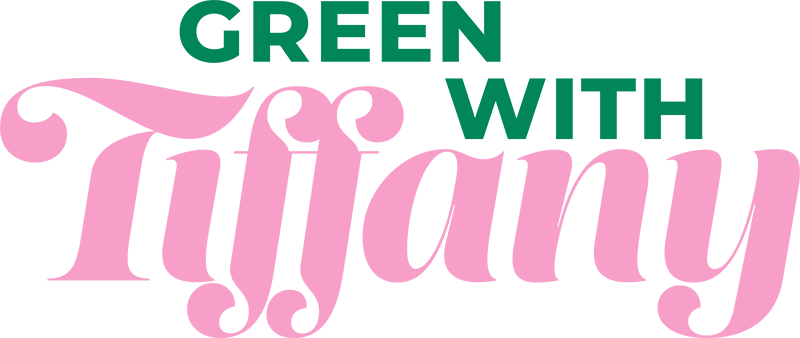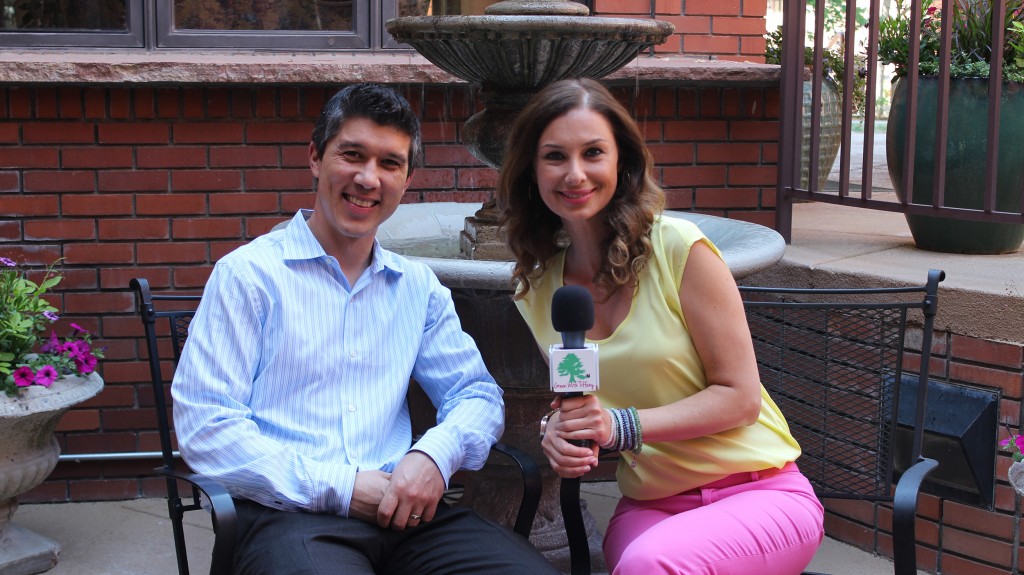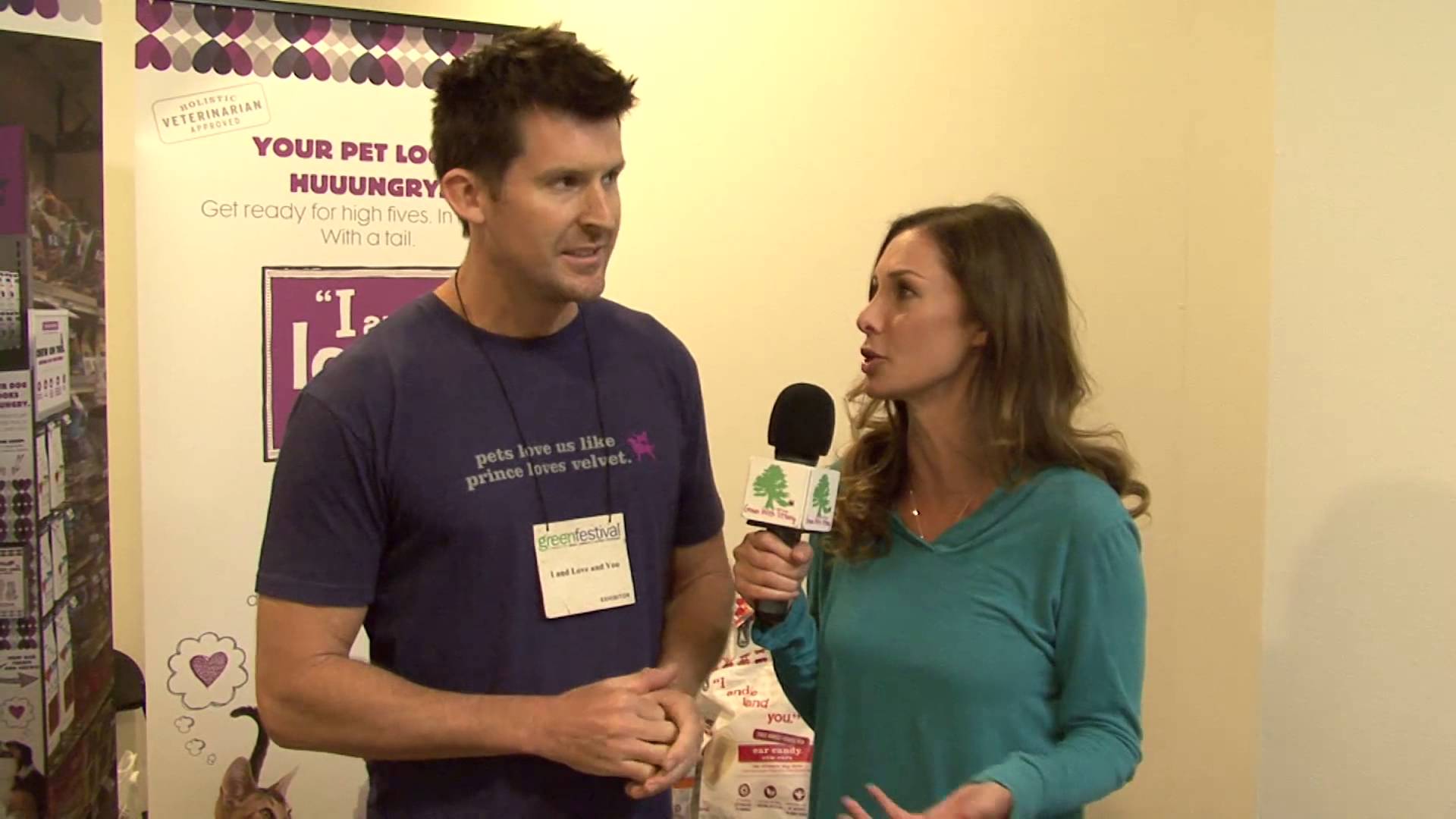You owe it to yourself to find out, because LOHAS is trying to make the world a better place!
 I just attended the LOHAS forum in Boulder, Colorado. What an experience! And I’m not just speaking of my altitude sickness. But seriously, drink water, lots of it! LOHAS is an acronym for Lifestyles of Health And Sustainability. Executive Director Ted Ning brings together businesses from all over to meet, share ideas, listen to innovative thinkers and be with like-minded peers. I have to say I felt right at home with people who want to do things differently — who really care and want to challenge the status quo. From what we eat, to how things are packaged, to ingredients and/or chemicals that are used or not used. We want and need to go back to the basics… where less is more, and natural is true to its word. Where fast foods, fast packaging and the brands we grew up with are held accountable for their impact on our health, our society and our environment.
I just attended the LOHAS forum in Boulder, Colorado. What an experience! And I’m not just speaking of my altitude sickness. But seriously, drink water, lots of it! LOHAS is an acronym for Lifestyles of Health And Sustainability. Executive Director Ted Ning brings together businesses from all over to meet, share ideas, listen to innovative thinkers and be with like-minded peers. I have to say I felt right at home with people who want to do things differently — who really care and want to challenge the status quo. From what we eat, to how things are packaged, to ingredients and/or chemicals that are used or not used. We want and need to go back to the basics… where less is more, and natural is true to its word. Where fast foods, fast packaging and the brands we grew up with are held accountable for their impact on our health, our society and our environment.
 This group, this market segment, cares and that’s the difference. They realize the challenges we face, not just as a country but as a planet. An example is plastic pollution. It is everywhere, and it is a global threat. And don’t think simply recycling plastics makes everything right again, because it doesn’t. Recycling is a last best effort, but it doesn’t solve the problem. Much of it just moves out of your sight line to a body of water, a landfill, or is shipped off to another country. While perhaps you will not see that particular plastic water bottle again — make no mistake, it does not means it’s gone.
This group, this market segment, cares and that’s the difference. They realize the challenges we face, not just as a country but as a planet. An example is plastic pollution. It is everywhere, and it is a global threat. And don’t think simply recycling plastics makes everything right again, because it doesn’t. Recycling is a last best effort, but it doesn’t solve the problem. Much of it just moves out of your sight line to a body of water, a landfill, or is shipped off to another country. While perhaps you will not see that particular plastic water bottle again — make no mistake, it does not means it’s gone.
 There are companies and non-profits like the Plastic Pollution Coalition, whom I interviewed and watched on a panel, that are trying to do it differently. To give us products and services that fill a need but are safe for your family, your body, your home and the environment. When did we start to have to question the brands we grew up with? “Well, that’s what my mom used.” The sad truth is, we do need to ask the hard questions. Sadly, just because it’s on the shelves and for sale doesn’t mean it’s safe. That’s the misconception. Profits have grown, formulas have changed, cheaper chemicals introduced, new information has been discovered and the population has grown. This equates to faster, cheaper, and more, more, more please! We all know that is not sustainable.
There are companies and non-profits like the Plastic Pollution Coalition, whom I interviewed and watched on a panel, that are trying to do it differently. To give us products and services that fill a need but are safe for your family, your body, your home and the environment. When did we start to have to question the brands we grew up with? “Well, that’s what my mom used.” The sad truth is, we do need to ask the hard questions. Sadly, just because it’s on the shelves and for sale doesn’t mean it’s safe. That’s the misconception. Profits have grown, formulas have changed, cheaper chemicals introduced, new information has been discovered and the population has grown. This equates to faster, cheaper, and more, more, more please! We all know that is not sustainable.
…the health, wellness, and “good for you” products market is growing. It’s almost a $300 million market.
What I’m excited to share is that the health, wellness, and “good for you” products market is growing. It’s almost a $300 million market. I have changed ALL the products I use in my house. From the laundry detergent I use to the foods I eat; the shampoo, hand soap, and skin care I use. The list goes on. Once you do one, it gets easier to do the others. You just can’t hold onto what you’ve always known. There is no way to know which chemical cocktail might make you sick later. The body is strong and can withstand a lot, but at some point it’s overload and just too much.
An easy rule of thumb — if it’s good for you, it’s good for the environment and if it’s not good for the environment, it’s probably no good for you.
 An easy rule of thumb — if it’s good for you, it’s good for the environment and if it’s not good for the environment, it’s probably no good for you. That’s what “Green With Tiffany” is all about. Getting out there, finding and talking to providers of goods and services that are better for us. Getting involved with non-profits that want to help make a change.
An easy rule of thumb — if it’s good for you, it’s good for the environment and if it’s not good for the environment, it’s probably no good for you. That’s what “Green With Tiffany” is all about. Getting out there, finding and talking to providers of goods and services that are better for us. Getting involved with non-profits that want to help make a change.
I was thrilled to learn about LOHAS and to meet so many with the same philosophy, “my peeps!” Stay tuned for videos to come.



